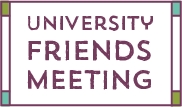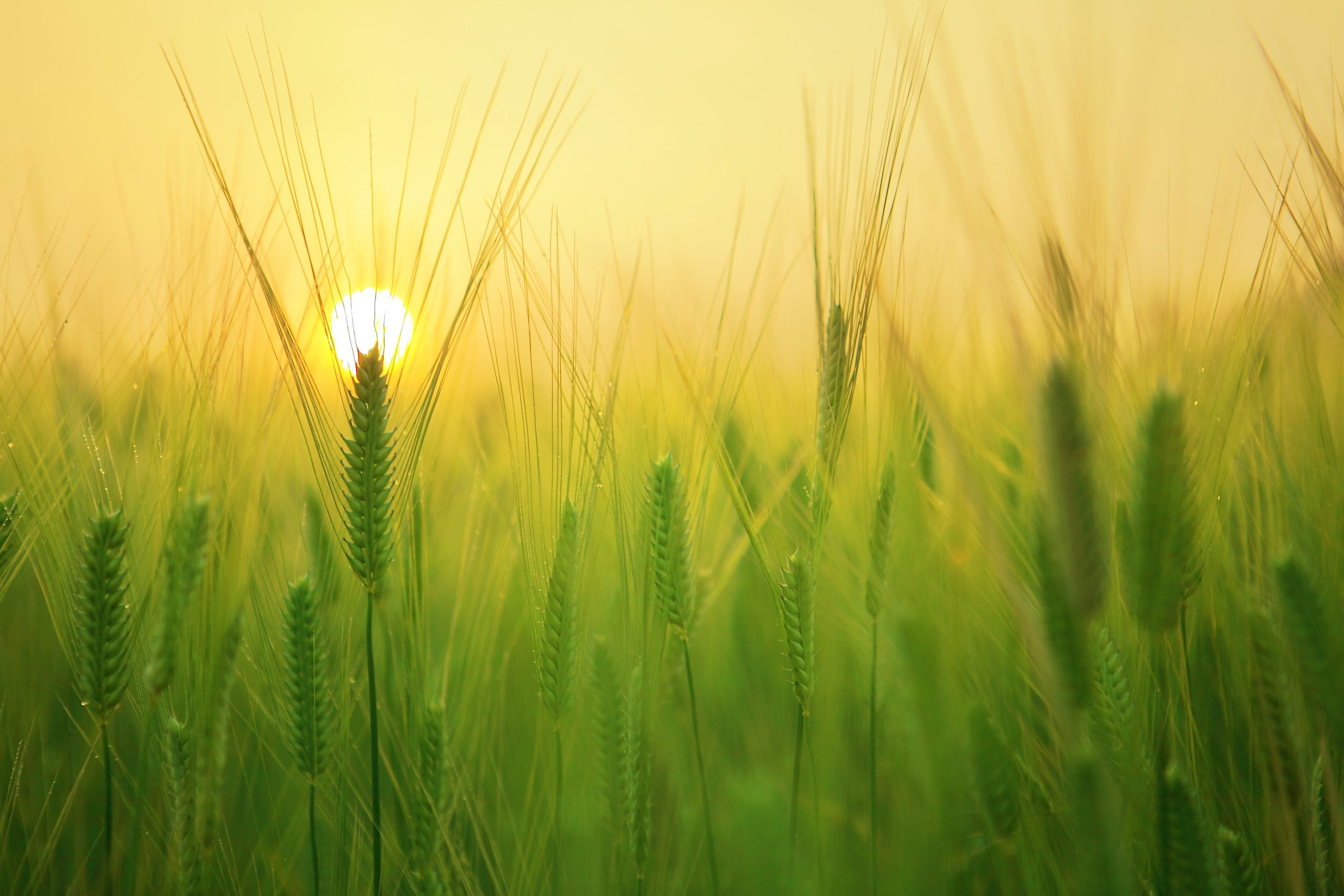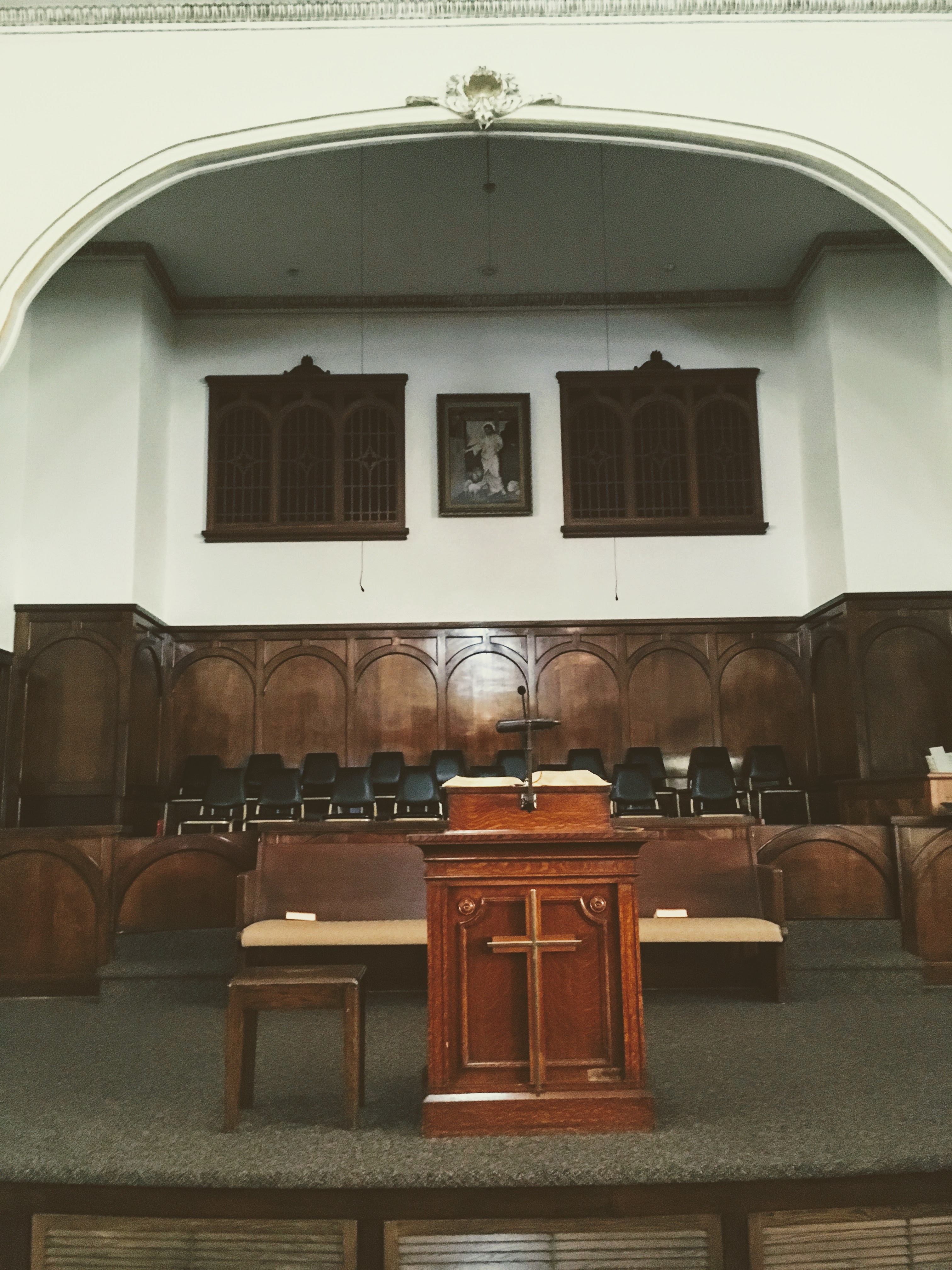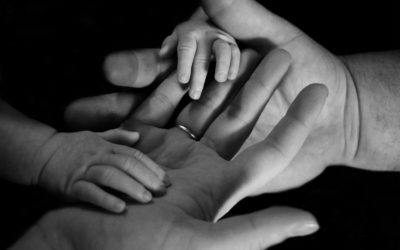May 10, 2020
Message: The Quaker Testimony of Community
Scripture: Romans 14
Music: Wes Miller
Good morning, and happy Mother’s Day!
We have flowers today in honor of the holiday (thank you, Art and Helen), and in a bit, I plan to share with you my favorite Mother’s Day poem.
Announcements
- The Worship Committee has decided to continue with the current practice of not gathering at the church for worship and live streaming on Facebook, through the month of June. During the live streaming, we do have room for a few people to come and serve as a kind of facing bench. If you would like to be among a handful of people who worship with us in person, be sure and let the office know. Call or email, and we’ll put your name in the hat.
- Also, please feel free to share our worship with your Facebook friends by posting a link on your page.
- We are not planning to have Monthly Meeting for business next Sunday, May 17th.
- This morning, as we did last week, we plan to offer a longer time for open worship, communion after the manner of Friends, after my message. During that time, you are welcome to contribute as you feel led, by making comments on the Facebook page.
Prayer concerns
- Erin DeGroot’s father was to have emergency gall bladder surgery this morning.
- Greg Newby has a preliminary diagnosis of lymphoma of the bone in his shoulder, with chemotherapy and radiation as the recommended treatment.
- People who are suffering loss
- Nellie Peters and her family
- The Bengi family
- We still don’t know what caused David’s death.
- David’s mother Mary is still in the hospital with nerve damage to her back, and Joseph has been able to visit her.
- Those who are suffering most in this pandemic: people who have lost jobs, people who have lost loved ones, people who lack food and housing and access to health care
- All of us, privileged or not, as we struggle, valiantly or not, to get through
Prayer
God of Light and Life,
We turn to you for health and peace. May your living water spring up in our souls.
Mother’s Day
Before I share my favorite Mother’s Day poem, I want to acknowledge that Mother’s Day can be emotionally complicated.
While all of us have mothers, many of us had less than perfect mothers. (Maybe all of us had less than perfect mothers, since mothers are, you know, human. I hope that doesn’t come as a shock.) 😏
I came across this piece that acknowledges the complicated reality of Mother’s Day:
For those of you who have good relationships with your mother… Or have good relationships with your children… For those of you who have lost your mother… and those who lost your child… For those of you whose babies weren’t born…. For those of you whose mothers weren’t the mothers you needed or wanted… For ambivalent mothers and mothers who are certain they aren’t doing what’s right for your kid because you have no idea what that is… For mothers flying by the seat of their pants… For women who are pressed to be mothers when they don’t want to be… And those pressed to not be mothers when they DO want to be… And those who are trying, TRYING so hard right now to become mothers…
For those who want to be mothers but for whatever reason can’t be… For those whose children are driving you legitimately bonkers right now… For those who have good relationships with their mothers and are partnered with someone who does not…And vice versa… For step moms and adoptive moms and foster moms and the people who step in when there’s no mom available… For those whose mothers are sick right now… For mothers who are worried about their children’s health… For those who wanted more children… and those who wanted fewer…
For genderqueer folx who gave birth, are giving birth or want to give birth, despite the misgendering…. For the aunties and grannies and others who hold their mama friend or her kids when she can’t go on… For those who lost an auntie or granny or stepmom or another who was like a mother to them… For mothers with post-partum depression and mothers whose children saved their lives… For all of these and more.
Happy Mother’s Day. May you have the space to feel the complexity of happiness, grief, bitterness, love, gratitude, anger, joy, peace, frustration, loss and fulfillment that comes from navigating these relationships. (https://www.askingforwhatyouwant.com/mothers-day-complicated/)
Now here’s my favorite Mother’s Day poem — “The Lanyard” by Billy Collins (Poet Laureate of the United States from 2001 to 2003):
The other day I was ricocheting slowly
off the blue walls of this room,
moving as if underwater from typewriter to piano,
from bookshelf to an envelope lying on the floor,
when I found myself in the L section of the dictionary
where my eyes fell upon the word lanyard.
No cookie nibbled by a French novelist
could send one into the past more suddenly-
a past where I sat at a workbench at a camp
by a deep Adirondack lake
learning how to braid long thin plastic strips
into a lanyard, a gift for my mother.
I had never seen anyone use a lanyard
or wear one, if that’s what you did with them,
but that did not keep me from crossing
strand over strand again and again
until I had made a boxy
red and white lanyard for my mother.
She gave me life and milk from her breasts,
and I gave her a lanyard.
She nursed me in many a sick room,
lifted spoons of medicine to my lips,
laid cold face-cloths on my forehead,
and then led me out into the air light
and taught me to walk and swim,
and I, in turn, presented her with a lanyard.
Here are thousands of meals, she said,
and here is clothing and a good education.
And here is your lanyard, I replied,
which I made with a little help from a counselor.
Here is a breathing body and a beating heart,
strong legs, bones and teeth,
and two clear eyes to read the world, she whispered,
and here, I said, is the lanyard I made at camp.
And here, I wish to say to her now,
is a smaller gift – not the worn truth
that you can never repay your mother,
but the rueful admission that when she took
the two-toned lanyard from my hand,
I was as sure as a boy could be
that this useless, worthless thing I wove
out of boredom would be enough to make us even. (https://www.usrepresented.com/2016/06/16/kevins-favorite-poems-the-lanyard-by-billy-collins/)
Happy Mother’s Day!
Message
As you may remember, I am in the middle of a series of messages on the Quaker testimonies.
As I have said before, these testimonies are grounded in two basic ideas: that faith is something we need to live out, and that the reign of God is something that can be part of our world today.
A testimony, in the words of Wilmer Cooper’s A Living Faith, is “an outward sign of what Friends believe to be an inward revelation of truth” (p. 101).
The testimony of simplicity calls us to recognize that things can get in our way of following Jesus. It also calls us to recognize that the things we own can be channels of love or seeds of war.
The peace testimony calls us to seek alternatives to war. It also calls us to, in the words of James 3, “do the hard work of getting along with each other, [of] treating each other with dignity and honor” (James 3:18, The Message).
The testimony of integrity calls us to be honest in what we say and in our business lives, and it calls us to be honest with ourselves and to practice truth-telling in our relationships.
What does the testimony of community call us to?
Wilmer Cooper in A Living Faith, writes that the testimony of community
… reflects Friends’ sense that they are members one of another and that Quakerism is not just individualism. [The testimony of community] also reflects [Friends’] concern for the needs of other people in the world and the belief that we are not islands unto ourselves, but are all God’s children and must be accountable to one another in looking after the needs of our sisters and brothers regardless of class, race, religion, or national origin (p. 110).
As a church, we are (or can be) a
… gathered fellowship of worshipers wherein we are members one of another and our individualism is disciplined and tested by the community of faith. Living in community also calls us to exercise responsibility and accountability in our relationships with one another (pp. 157-158).
We are members of one another. We, and all people, are God’s children. We learn and grow in relationship.
I want to point out that the practice of community involves some tension between an emphasis on the individual and on the group. That tension requires careful discernment and balance, as we listen to that of God within us and to that of God within others.
Consider these scripture passages, in the words of The Message.
Romans 14 focuses on each person being free to follow their own consciences, regardless of where they are on their faith journey.
Welcome with open arms fellow believers who don’t see things the way you do. And don’t jump all over them every time they do or say something you don’t agree with—even when it seems that they are strong on opinions but weak in the faith department. Remember, they have their own history to deal with. Treat them gently.
2-4 For instance, a person who has been around for a while might well be convinced that he can eat anything on the table, while another, with a different background, might assume he should only be a vegetarian and eat accordingly. …
5 Or, say, one person thinks that some days should be set aside as holy and another thinks that each day is pretty much like any other. There are good reasons either way. So, each person is free to follow the convictions of conscience.
22-23 Cultivate your own relationship with God, but don’t impose it on others. You’re fortunate if your behavior and your belief are coherent. But if you’re not sure, if you notice that you are acting in ways inconsistent with what you believe—some days trying to impose your opinions on others, other days just trying to please them—then you know that you’re out of line. If the way you live isn’t consistent with what you believe, then it’s wrong.
Ephesians 5:21 emphasizes mutual submission: “Be subject to one another out of reverence for Christ.”
Matthew 18, beginning with verse 15, gives guidance on dealing with difficult people in the congregation.
15-17 “If a fellow believer hurts you, go and tell him—work it out between the two of you. If he listens, you’ve made a friend. If he won’t listen, take one or two others along so that the presence of witnesses will keep things honest, and try again. If he still won’t listen, tell the church. If he won’t listen to the church, you’ll have to start over from scratch, confront him with the need for repentance, and offer again God’s forgiving love.
Then, listen to this, from Britain Yearly Meeting’s Quaker Faith and Practice (https://qfp.quaker.org.uk/chapter/3/):
The right conduct of our meetings for church affairs depends upon all coming to them in an active, seeking spirit, not with minds already made up on a particular course of action, determined to push this through at all costs. But open minds are not empty minds, nor uncritically receptive: the service of the meeting calls for knowledge of facts … and the ability to estimate their relevance and importance. This demands that we shall be ready to listen to others carefully, without antagonism if they express opinions which are unpleasing to us, but trying always to discern the truth in what they have to offer. It calls, above all, for spiritual sensitivity. …
It is always to be recognised that, coming together with a variety of temperaments, of backgrounds, education and experience, we shall have differing contributions to make to any deliberation. It is no part of Friends’ concern for truth that any should be expected to water down a strong conviction or be silent merely for the sake of easy agreement. Nevertheless we are called to honour our testimony that to every one is given a measure of the light, and that it is in the sharing of knowledge, experience and concern that the way towards unity will be found.
Somewhere in there – in the mix among taking responsibility for living your own life in faithfulness to God, in being open-minded and thoughtful, holding firmly to the truth while honoring others, submitting to one another in love – somewhere in there is community.
Living life in faithfulness to God involves both individual growth and corporate growth, inner wholeness and authentic relationships and healthy systems.
Is it easy? Nope. But what have you got without it? [Pause.]
Most often, when we have an individual leading, best practice would be to check that leading with others. Such checking can help us refine our leading, to get clearer on it. Such checking can also help keep us from acting rashly, to season our leading so that we act in ways that are both constructive and timely.
In this regard, I often think about John Woolman and his stand against slavery, which was an individual matter of conscience for him, and which he took to other Quakers with both persistence and patience.
John Woolman was born in 1720 to a Quaker family who lived in New Jersey.
Here’s how someone wrote about Woolman and his stand against slavery (https://en.wikipedia.org/wiki/John_Woolman).
As a young man, Woolman began work as a clerk for a merchant. When he was 23, his employer asked him to write a bill of sale for a slave. Though he told his employer that he thought that slaveholding was inconsistent with Christianity, he wrote the bill of sale.
By the age of 26, he had become an independent and successful tradesman. He refused to write the part of another customer’s will which would have bequeathed or transferred the ownership of a slave, and instead convinced the owner to set the slave free…. ***
In 1754 [at age 34] Woolman published Some Considerations on the Keeping of Negroes. He continued to refuse to draw up wills that bequeathed ownership of slaves to heirs. Over time, and working on a personal level, he individually convinced many Quaker slaveholders to free their slaves. …
Woolman worked within the Friends’ tradition of seeking the guidance of the Spirit of Christ and patiently waiting to achieve unity in the Spirit. As he went from one Friends’ meeting to another, he expressed his concern about slaveholding. Gradually various Quaker Meetings began to see the evils of slavery; their minutes increasingly reflecting their condemnation of the practice. Quaker records bear witness to his and a few others’ success – by the time the … revolution was over, almost all North American Quakers had freed their slaves, and those few Quakers who had been engaged in the trading or shipment of slaves had ceased such activities as well.
For more than twenty years, Woolman expressed his concerns about slavery and the slave trade, laboring with other Quakers. He didn’t pull strings or bully people, but the truth of his position became clearer and clearer. And in that process, an individual leading became a corporate witness.
By the way, The Journal of John Woolman, written almost 250 years ago, is still in print. I recommend it.
I have one more thing to share about community.
A friend of mine posted these thoughts from the Wild Woman Sisterhood, written by motivational speaker Amy Weatherly. (https://www.facebook.com/WildWomanSisterhood/?__tn__=kCH-R&eid=ARBrNdedJ2m98_ZGNAqJiAn_JaWCuZIzkrnERHZnG0lKzV8utL1RKFH2Nfc5nq406l0URmRMSIxjk_h7&hc_ref=ARTqxk7aXbHRrY9PBW8qzBwTzwWJ1iXZABPobUzfR6EtTj7tB5NZ9F9pTr1Gynsljug&fref=nf&__xts__[0]=68.ARAXRd_3NRCo8Z_SvNycZRCfA7RCZryVdLgHfVN7g9P7ptVxOX86ySYM2pTFt1–BjVxIN4qa3vnbMF3TM1-5L_N6iH_ZU6WuDX80TIAxaxl2AjQP50wZ9zxOvHDciwVkszPik9uRm0S8dmB-I_T13WhziMH-1zhHKdSlEVRsmYE8QtGBrHOl4VydmAjLWXlGquBwAWm86XVNWZxI3lsk-N7iZ4GeowiCJL8xoz6HQtCMpSHf_w2sAzTM2GqYjOFjJyDty7Z4utaoXjfMxbAB-x0k-HkNHdWzqGc9KZztYgbUud5ZKkR3I67WXbZ-p1iG675uwk3iNbB7XnXhO0):
I think it was Brene Brown who told a story about a village where all the women washed clothes together down by the river. When they all got washing machines, there was a sudden outbreak of depression and no one could figure out why.
It wasn’t the washing machines in and of themselves. It was the absence of time spent doing things together. It was the absence of community.
Friends, we’ve gotten so independent.
We’re “fine” we tell ourselves even when in reality we’re depressed, we’re overwhelmed, we’re lonely, and we’re hurting. “We’re fine, we’re just too busy right now” we say when days, weeks, months, and years go by without connecting with friends. I’m fine…. It’s so easy to say even when it’s not true.
We’ve become so isolated and it’s hard to know how to get back. It’s so hard to know how to even begin to build the kind of relationships our hearts need. And I think In our current culture, it’s just not as organic as it once was. It’s more work now.
Because you know, we have our own washing machines. We don’t depend on each other to do laundry, or cook dinner, or raise babies anymore. We don’t really depend on each other for much of anything if we’re being honest.
In Brene Brown’s book Braving the Wilderness, she says that being lonely effects the length of our life expectancy similar to smoking 15 cigarettes a day. I don’t say that to freak anyone out, but to let you know that the longing for connection is LEGIT. I think we’ve treated friendship like a luxury for far too long; friendship isn’t a luxury, it’s a necessity. …
Be independent. Be proud of it. But be an independent woman who realizes the value and the importance of opening the door to other good women.
You can do it alone, but you don’t have to. Islands are only fun for so long.
There is true magic when women come together and hold hands and share ideas and share stories and struggles and endless bowls of salsa. You use your gifts, and I’ll use mine, and then we’ll invite that girl over there who brings a completely different set of skills to the table we are building, and we’ll watch together as something miraculous unfolds.
True magic happens when people come together. You bring your gifts, and I’ll bring mine, and then we’ll invite others who bring completely different sets of skills, and we’ll watch something miraculous unfold. That’s community.
Let’s now enter into a time of open worship. If you have words to share, please feel free to share them as comments below or on Facebook.
We are meeting in person and also streaming our sermons on Facebook at 10:00 AM CST. Watch live:
https://www.facebook.com/universityfriendschurch/
Not on Facebook? You can see all of our posts and videos on our site here!



